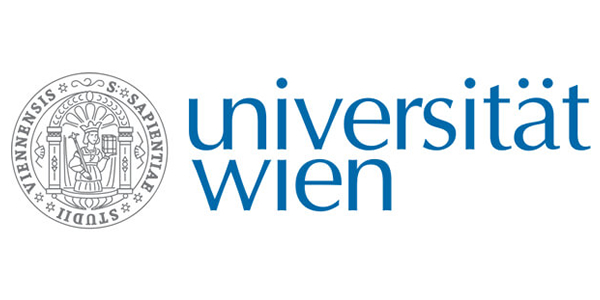Environmental Sciences
- Abschluss: Master of Science (M. Sc.)
- Umfang: 4 Semesters, 120 ECTS Punkte
- Studienart: Präsenzstudium, Vollzeit
- Bildungsfeld: Naturwissenschaften
- Unterrichtssprache: Englisch
- Website: slw.univie.ac.at

The master’s programme and research network Environmental Sciences is a hub for students and scientists who want to apply deep scientific thought to the earth environment and some of its most urgent problems. Geoscientists, life scientists, geographers, chemists, physicists, mathematicians, economists and lawyers come together to tackle these problems in a collaborative way. Our goal is to prepare a new generation of professionals and scientists for solving the challenges ahead.
The interdisciplinary programme focuses on the analysis of fundamental environmental processes using know-how from a wide range of scientific fields. This disciplinary diversity is reflected not only in the diversity of the fields of expertise of the faculty, but also in the diversity of students coming from various areas of science.
Study Overview
Environmental Sciences is an interdisciplinary programme that deals with processes that control the earth system and the impact of human activities on this system. The programme emphasises a rigorous process level understanding of important problems in environmental science to learn how to analyse the complex earth system. Therefore, scientific methods of earth sciences, physical geography, life sciences, chemistry, physics and mathematics are used.
The workload of the master’s programme comprises 120 ECTS credits. This is equivalent to a period of four semesters.
After getting an overview of the field of study of Environmental Sciences in a ring-lecture and a seminar, students focus on basic issues in environmental chemistry and geochemistry, environmental biology, pollutants and element cycles. They get acquainted with a process oriented view on environmental systems including marine systems, ground and surface water systems, atmospheric and terrestrial systems. Students learn to integrate mathematical models into various processes. Courses in legislation, policy and economics focus on the implementation of the process level understanding of natural systems into these fields.
After this first part of the curriculum, students deepen their knowledge by either studying pre-defined fields of specialisation or by exploring their own combination of subjects within the environmental sciences. Fields of specialisation include ‘Biogeochemical Cycles and Global Change’ and ‘Environmental Pollution and Remediation’.
The degree programme is completed with a master’s thesis and an oral public defence.
After Graduation
The faculty and students focusing on environmental sciences at the University of Vienna enjoy a global visibility and reputation. For example, the QS-World University Ranking by Subject has ranked the Environmental Sciences programme at the University of Vienna among the best 100 programmes world-wide.
Vienna aims at educating future decision-makers in the fields of science, economy, public administration and in international organisations. Graduates of the master’s programme in Environmental Sciences have a wide range of job opportunities thanks to their system- and process-oriented, academically sound education:
- Public administration, authorities and federal offices (environmental departments of provincial governments, the Environment Agency Austria, the Austrian Agency for Health and Food Safety, international public institutions)
- International organisations (e.g. FAO, UNEP, IAEA, NGOs, etc.)
- Private planning and engineering offices as well as consulting activities (for example in the fields of environmental impact assessments, planning and surveying, environmental due diligence)
- Large-scale enterprises and infrastructure providers (environmental protection officers, project planning)
- Science and research (various research institutions that deal with environmental issues, universities, the corporate sector).
UNI-Profil
Universität Wien
Universitätsring 1, 1010 Wien
Telefon: 01 42770 Website: www.univie.ac.at
